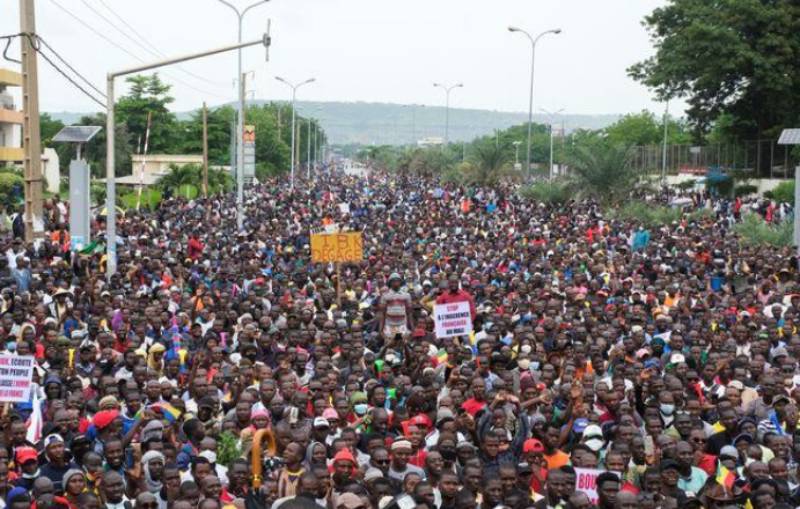
KHARTOUM: Sudan has beefed up security in Red Sea state and imposed a curfew in its main sea gateway of Port Sudan after 32 people died in recent tribal clashes, the country's interior ministry said late on Wednesday. Sudan is one year into a three-year transition after the overthrow of former President Omar al-Bashir and faces challenges including simmering insecurity in several regions and a deep economic crisis. Security forces arrested 85 people over the recent violence, which also left 98 people wounded, and local authorities imposed a curfew in Port Sudan to restore order, the ministry said in a statement. The casualties included security force members.
Local media reports and activists on social media said the clashes broke out between the Beni Amer and Nuba tribes which have a history of mutual violence. Representatives of the two tribes signed a reconciliation deal in September last year after deadly clashes. The government had deployed more security forces to the state to impose "the prestige of the state and the rule of law, and to strengthen security and stability," the interior ministry said.
The security measures had helped to stabilize the situation and led to "a cautious calm," it added. Port Sudan is also used by South Sudan to export oil. Prime Minster Abdalla Hamdok said in an earlier statement he had held several meetings during the past week with community and political leaders from eastern Sudan to address "the political, security and violence situation" in the region. Hamdok is leading a transitional civilian government under a three-year power-sharing deal with the military.
Clashes in South Sudan
In another development, clashes between soldiers and civilians during a disarmament exercise in the central South Sudanese town of Tonj have left 127 dead, the army spokesman said Wednesday. Major General Lul Ruai Koang told AFP that the fighting erupted on Saturday as security forces carried out an operation to disarm civilians in the area which has seen deadly inter-communal clashes.
More than six years after a civil war broke out in the country, and in the absence of a functioning government, many communities are flush with weapons, which they keep for protection or defense against cattle raids. The violence in Tonj began after several armed youths got into a disagreement with soldiers. An initial armed confrontation was brought under control, but according to Koang the youths mobilized others for an attack on the army position.
"On the latest, the number of those killed, I can confirm to you that it rose to 127," Koang said, adding that 45 of those killed were security forces and 82 were youths from the area. A further 32 soldiers were injured. Koang said two military officers involved in "triggering the clashes" had been arrested, and that the situation in Tonj had calmed down. South Sudan is emerging from a six-year civil war that left 380,000 dead and millions displaced, and disarmament is a major stumbling block.
Experts have warned against operations that coerce people to lay down their guns without proper planning, as some communities could find themselves unable to protect themselves after their weapons are removed. "The clashes should be an opportunity to rethink the approach to disarmament. What is the point of removing guns without addressing what drives folks to arms themselves?" Geoffrey Duke, head of the South Sudan Action Network on Small Arms, said on Twitter. "We can take guns away this week & they buy a new one next week (as) long as they still see the need to have (one)."- Agencies
.jpg)
